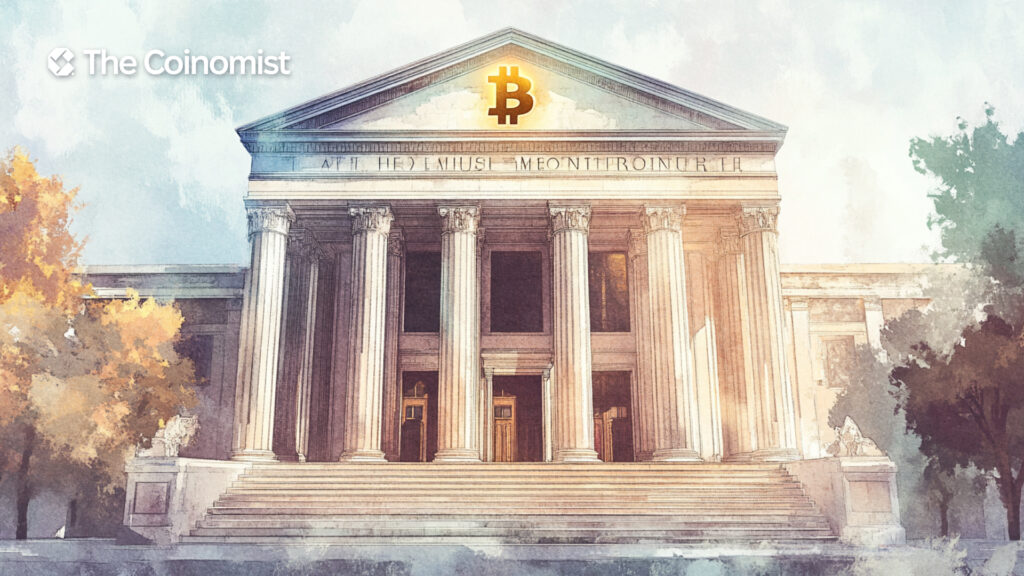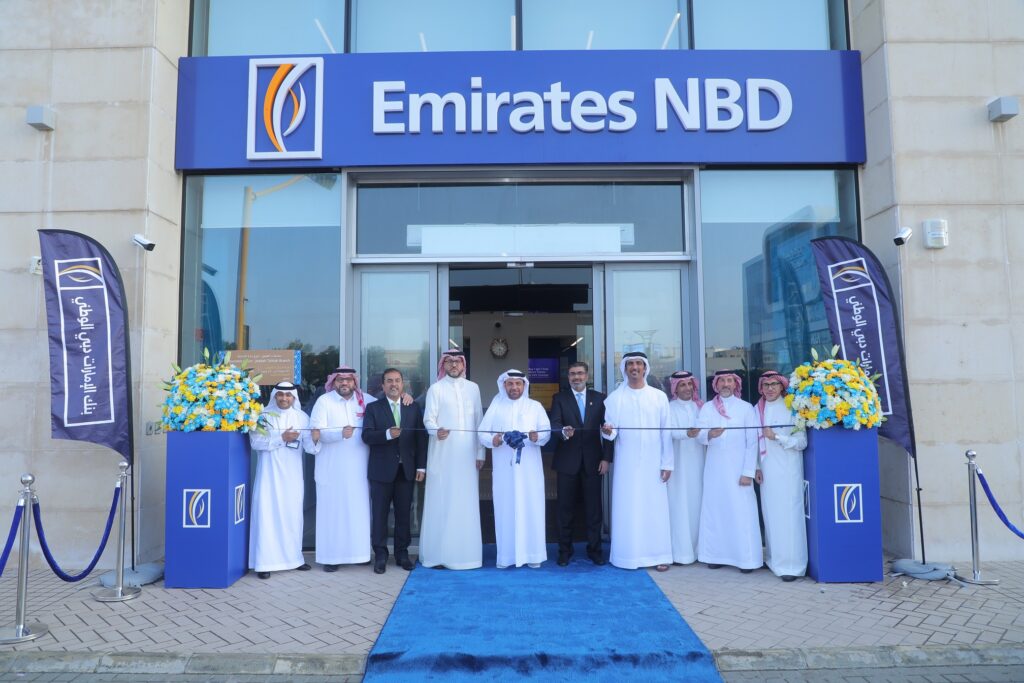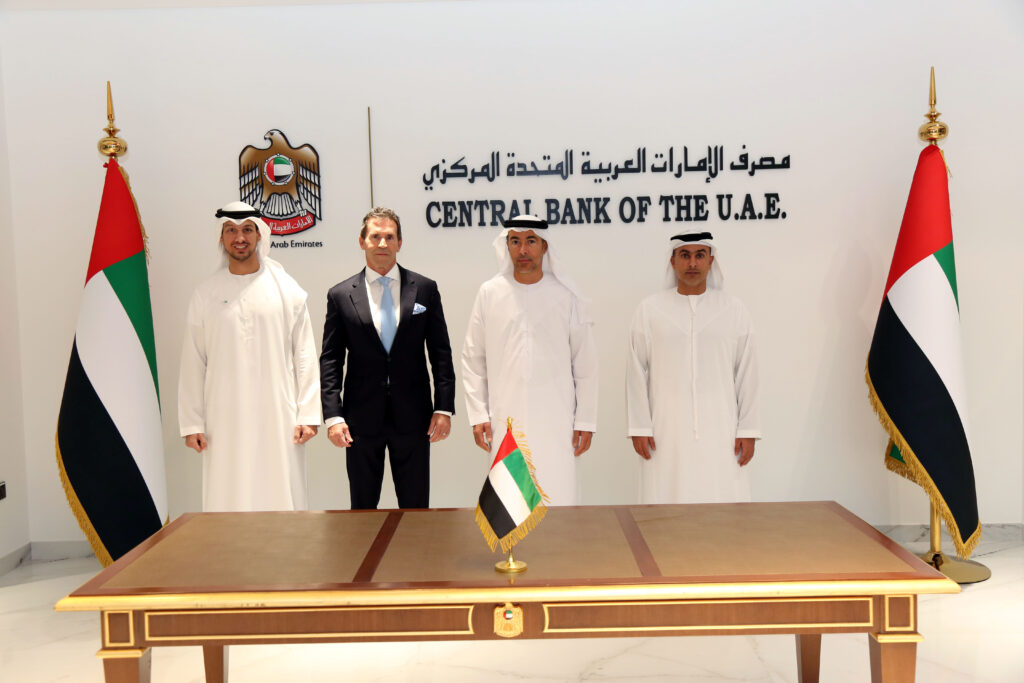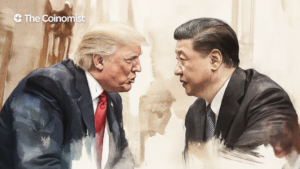Managing Finances & Banking for a Crypto Business in Dubai

How are UAE tech firms optimizing financial operations through crypto-compatible banking, OTC settlements, and stablecoin flows? We examine strategic models shaping crypto banking Dubai.
On this page
With zero income tax and a regulatory environment built for innovation, Dubai has positioned itself as a top destination for crypto ventures. Businesses operating here benefit from access to crypto-native financial services—ranging from banks that accommodate virtual assets to specialized OTC markets.
Strategic Insights Into Crypto Banking Dubai
Dubai’s open-door approach to blockchain has cemented its place as a preferred jurisdiction in the Web3 economy. The government’s proactive stance provides legal pathways for companies to adapt swiftly and securely.
From leveraging stablecoins for cross-border transfers to running payroll in crypto and conducting high-volume trades on OTC platforms, UAE entrepreneurs are fully integrating digital assets into everyday business strategy.
Check this out: Dubai Lets You Rent Homes and Cars With Bitcoin. Here’s What to Know
Banking Infrastructure for Crypto Companies in Dubai
As Dubai positions itself as a global Web3 capital, crypto companies are finding access to traditional financial services through a small but growing number of crypto-friendly banks. Among the institutions servicing VARA-approved businesses:
- Emirates NBD,
- Commercial Bank of Dubai.
But first, your company needs a VARA license, which involves submitting a business plan, shareholder info, and operational details. After that, your bank will seek initial approval from VARA. If you plan to manage client funds, you’ll also need a special compliance certificate from the UAE Central Bank (CBUAE).
Such protocols serve as a safeguard, maintaining transparency and adherence to local legal frameworks.

Heads up if you're banking crypto in Dubai—there are some tight rules to keep in mind. Most crypto banks set monthly caps, and if you're moving money from a crypto exchange, standard accounts usually hit a ceiling at 10 million AED when you're cashing out in dirhams.
Got a bigger transfer in mind? You’ll need to clear it with the bank’s security team. They’ll ask for paperwork proving where your funds came from—whether it’s an exchange or an OTC deal.
The right permit opens a quiet but crucial door: it allows crypto income to pass cleanly into the traditional system. A business, having sold its digital assets, can shift those funds to a fiat account—no alarms triggered—so long as it presents a detailed transaction statement.
But this smooth flow comes with strings. The bank’s contract demands unwavering compliance with AML protocols and KYC procedures, ensuring every digital coin has a traceable past.
In Dubai’s regulated crypto ecosystem, companies enter formal agreements that define operational obligations. These include:
- Service charges ranging from 0.5% to 1% for incoming transfers above 500,000 AED;
- A minimum account balance, typically 50,000 AED for small businesses;
- A compulsory annual audit once turnover crosses the 20 million AED threshold.
That last one comes from the CBUAE, and it's all about keeping big players in check and reducing financial risks.
It’s a smart system—protecting both your business and the wider financial network, while building trust around the use of digital assets in everyday finance.
Web3 Adoption Continues: Crypto Tower: Dubai’s New Hub for Blockchain and Web3 Innovation
Navigating Dubai’s Crypto Landscape with OTC Platforms
Picture this: your bank blocks your crypto transfer for being “too big” or asks for a stack of documents just to open an account. What do you do? In Dubai, companies sidestep the headache by using OTC platforms.
Check out our piece “OTC: A Playground for the ‘Big Boys’”, and get the full picture.
With trusted names like CryptoDesk and BitOasis, digital assets can be turned into dirhams fast—without the banking drama.
Say you’ve got a hefty sum in USDT—just hit up CryptoDesk via their website and set up a deal.
The drill’s pretty simple:
- Send your crypto to their OTC wallet,
- Then wait a few hours to get your cash, either picked up in person or dropped off by courier.
Perfect for covering everyday stuff like small office rent or gear purchases—basically anything under 50,000 AED.
“Instant cash payouts” are the selling point many OTC platforms highlight, appealing to those looking to limit exposure to banking institutions.

But there’s a catch: once the transaction exceeds 100,000 AED, mandatory AML disclosures kick in.
For that reason, cash is typically reserved for everyday outlays. When businesses face high-value payments—say, a real estate deal or a major supplier contract—they often opt for a more compliant route.
OTC services then shift gears, issuing bank cheques or executing transfers that banks categorize as standard business activity. It’s a tactical way to keep transactions legitimate while steering clear of unnecessary financial scrutiny.
For some entrepreneurs, one stream of funds isn’t enough—they blend cash and bank transfers for maximum flexibility. A typical move: cover daily costs with up to 75,000 AED in cash from an OTC platform, and send the rest directly to an Emirates NBD or Mashreq Bank account via an OTC-linked transfer.
When the OTC is officially registered and frames the deal as a service transaction, banks let it slide without raising eyebrows.
Crypto banking Dubai is pragmatic: cash for convenience, banks for compliance.
But the system has its limits:
- Want to pay rent in cash? Only if your landlord’s on board.
- Salaries? That’s a no-go—labor regulations and tax rules demand proper payroll methods.
- Bottom line: cash is fine for the small stuff. For bigger deals, businesses turn to cheques or transfers via OTC partners.
Why Dubai Businesses Trust Stablecoins
With crypto prices swinging wildly, Dubai’s business leaders are playing it smart—by moving their funds into stablecoins. These dollar-pegged assets offer a buffer against market chaos.
Stablecoins like USDT are used to store profits, cover international invoices, and fund equipment purchases.
The process is simple: convert earnings from digital assets into USDT to freeze the value and plan ahead without surprises. That kind of stability is gold when you're operating across borders.
Businesses in Dubai convert stablecoins into dirhams through OTC platforms or trusted local banks. This hybrid system allows them to maintain liquidity and stay agile—without the friction of long settlement times.
Practical Interplays: Living with Stablecoins: The Use Cases Explained
But a bigger transformation is on the horizon: the digital dirham.
Launched by the UAE Central Bank, this CBDC project began in 2023 with a development partnership formed with DIFC. According to CBUAE, a pilot program was rolled out in the latter half of 2024 and is now testing cross-bank transaction capabilities.
With full adoption targeted for the end of 2025, the digital dirham stands poised to become a cornerstone of the UAE’s financial future. For blockchain companies, this innovation could eliminate the need to route payments through foreign stablecoins—lowering friction, reducing fees, and anchoring crypto operations more deeply in the national framework.

For crypto banking Dubai, this marks a turning point—bringing Web3 firms closer to a compliant, cost-effective, and locally anchored ecosystem.
Private sector giants like Tether have flirted with the idea of launching a dirham-pegged stablecoin, but as of March 2025, nothing has hit the market.
Dubai’s VARA is actively monitoring these initiatives. In the future, licensed private stablecoins may emerge as regulated counterparts to the digital dirham, adding diversity to the monetary landscape.
For now, the region’s businesses continue to rely on USDT and USDC, the reigning leaders in crypto transaction volume across the Middle East.
Locked Out of Crypto Banking in Dubai? Here’s Your Plan B
Crypto banks in Dubai don’t open their doors to everyone. Regulatory hurdles and licensing delays often block access—but that doesn’t mean your business has to hit pause.
Enter DeFi. For Web3 firms avoiding the traditional banking system altogether, decentralized platforms are stepping in. Whether it’s asset storage, lending, or DAO treasury management, these protocols are keeping Dubai’s crypto businesses moving.
With DeFi platforms like Aave or Compound, businesses can put stablecoins to work, earning passive income through liquidity provision.
Learn how it works in «No Exchange, No Problem: Trading Without CEX Is Possible»
The setup requires a level of tech fluency, but the benefits are clear: no banking bottlenecks, no red tape. Companies manage funds via crypto wallets and transact directly with partners, on-chain and on demand.
Leading crypto companies such as Crypto.com and Binance are deepening their roots in Dubai through strategic partnerships with regional banks. A key milestone came in late 2024 when Crypto.com entered into an agreement with Dubai Islamic Bank to embed its services within a Sharia-compliant framework.
This development enables the bank’s customers to access crypto transfers and crypto payment cards—creating smoother on-ramps for businesses operating in both fiat and digital currencies.
With crypto as an intermediary, companies can now tap into SEPA and SWIFT networks for cross-border payments—faster and cheaper than ever. This approach slashes transaction costs and accelerates global business, which is a game-changer for digital-native startups.
This is the promise fulfilled: crypto banking Dubai has evolved into a true financial backbone for the Web3 era, supporting the momentum of decentralized innovation.
The content on The Coinomist is for informational purposes only and should not be interpreted as financial advice. While we strive to provide accurate and up-to-date information, we do not guarantee the accuracy, completeness, or reliability of any content. Neither we accept liability for any errors or omissions in the information provided or for any financial losses incurred as a result of relying on this information. Actions based on this content are at your own risk. Always do your own research and consult a professional. See our Terms, Privacy Policy, and Disclaimers for more details.

























